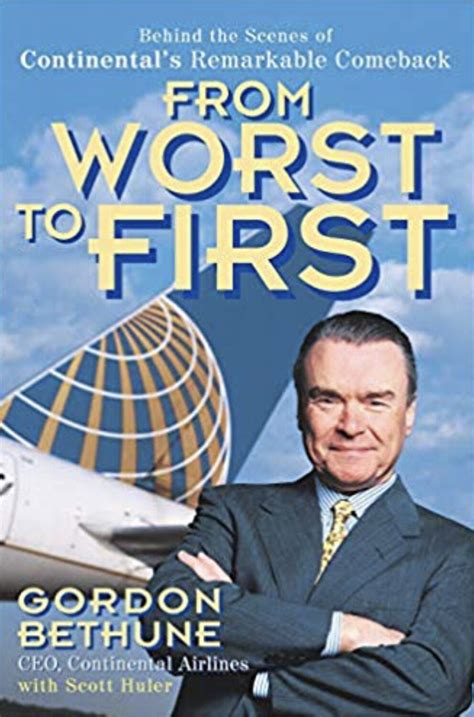A Quote by Nick Woodman
I feel like I went through the Great Depression. All these companies are being successful around you, you're on that track, and then the market collapses, and you're out of a job. You're trying to save your investors' investment, and it doesn't work, and you sell the company for nothing. It was brutal.
Related Quotes
For actors, being successful is generally getting a job. If you can work a lot, you're really successful. If you work a lot on projects that are interesting and intelligent and great fun to be part of, then you're hugely successful. And I feel hugely successful. I can't believe that I get to be involved with the projects and the people I work with.
Successful investors tend to be unemotional, allowing the greed and fear of others to play into their hands. By having confidence in their own analysis and judgement, they respond to market forces not with blind emotion but with calculated reason. Successful investors, for example, demonstrate caution in frothy markets and steadfast conviction in panicky ones. Indeed, the very way an investor views the market and it’s price fluctuations is a key factor in his or her ultimate investment success or failure.
If you cannot sell, you cannot be an entrepreneur. If you cannot sell, you cannot raise money. if the thought of sales terrifies you, get a job at a dept. store and start there. Or get a job with a company like Xerox that requires that you go around to businesses and knock on doors. As your courage increases, you may want to try a company in network marketing or direct sales that is willing to train you.
There is no question that an important service is provided to investors by investment companies, investment advisors, trust departments, etc. This service revolves around the attainment of adequate diversification, the preservation of a long-term outlook, the ease of handling investment decisions and mechanics, and most importantly, the avoidance of the patently inferior investment techniques which seem to entice some individuals.
I was working with an extraordinarily successful company that was doing a CEO succession, and the board was discussing the threats to the business. They were enormous, despite the company's strong market position. I then realized that there were no longer just turn-around periods for companies in trouble, that now variables that could drastically effect any business's profitability were not going to go away.
There is a natural tendency for investors to devote a significant majority of their time to finding new ideas. After all, uncovering great companies selling at great prices is the lifeblood of successful investing. But in the never-ending quest for the next great idea, investors often give short shrift to their existing investments.
I feel like being an actor it is a great way to do your job and be a parent, because you have a lot of freedom. You have a job and then the job ends and than maybe you don't have another job for a while or maybe you chose not have another job for a while. For an actor, it's like maybe you don't see your kid for two weeks while you are filming but then you might have three months off where you are at home every day and picking him up from school. I find it's a great thing.
I have my own theory about why decline happens at companies like IBM or Microsoft. The company does a great job, innovates and becomes a monopoly or close to it in some field, and then the quality of the product becomes less important. The company starts valuing the great salesmen, because they’re the ones who can move the needle on revenues, not the product engineers and designers. So the salespeople end up running the company.

































